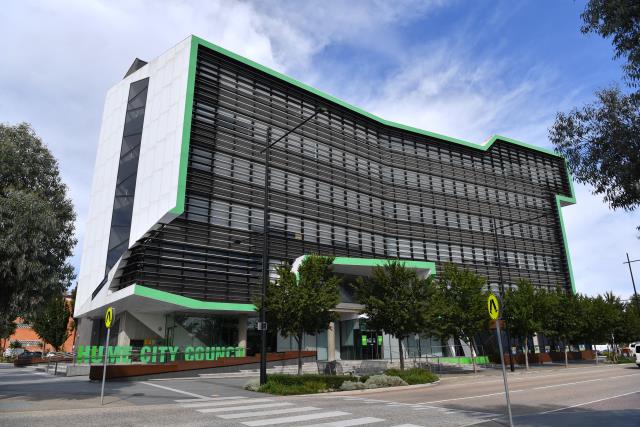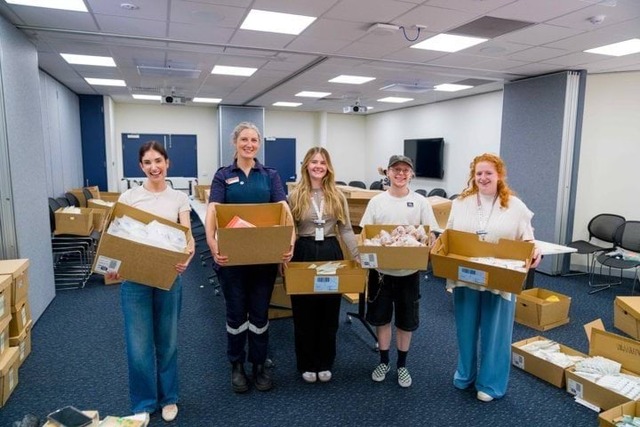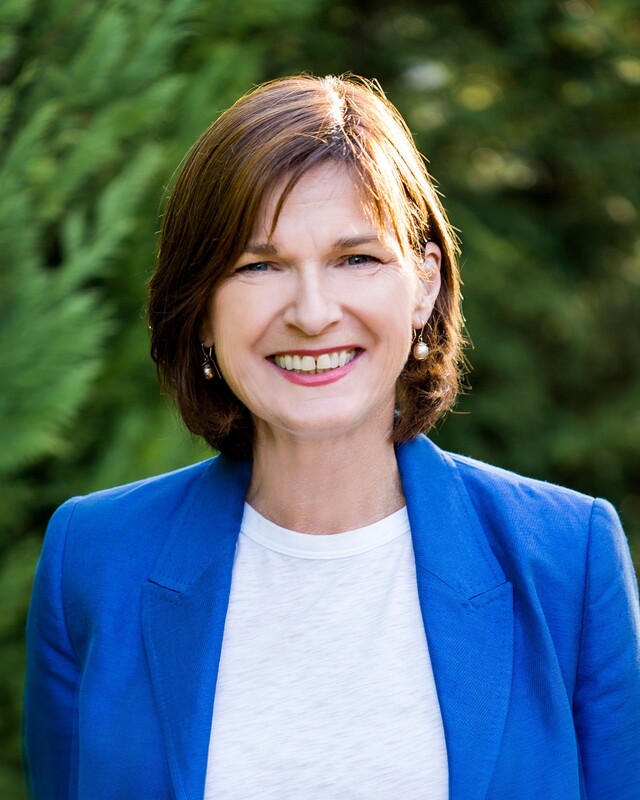Fiscal and environmental sustainability are being billed as key features of Macedon Ranges council’s proposed budget.
But with the state government’s cap on rate rises in effect, the council is warning about the dangers posed by an increasingly small pool of money with which it has to work.
Chief executive Peter Johnston said ‘‘operational efficiencies’’ included a proposal to reduce operating hours at the council’s service desks in Romsey and Woodend by three mornings a week.
‘‘The proposal is in direct response to the changing way that people are accessing council information and interacting with council,’’ he said, pointing to increased use of online payments.
Library hours will remain unchanged.
As reported by Star Weekly, rates for the average Macedon Ranges property owner are likely to rise by about $50.
The budget, released for public comment last Wednesday, calls for an average rate increase of 2.5 per cent in 2016-17, taking the average bill to $2069.
With no new borrowings and several projects designed to improve energy efficiency, councillors last week said they hoped the community would recognise a budget that ‘‘achieved a balance’’ in the face of a tougher operating environment.
Cr Sally Piper said the council encouraged submissions yet also wanted ratepayers “to understand how tight it is”.
Upgrade works
Cr John Letchford pointed to a $1 million street light replacement program and the installation of pool covers at the Gisborne and Kyneton pools and solar panels at Romsey kindergarten as examples of projects that would lead to ongoing cost savings.
Lancefield’s outdoor pool will be relined and $400,000 will go towards heating and cooling improvements at Kyneton Town Hall.
The average rate rise is the lowest in at least five years, with recent increases having approached 5 per cent.
But final bills could be affected by 2016 being a revaluation year.
The council has budgeted to collect $43.59 million in rates and charges to fund $80.5 million in total expenditure, with the remainder to come from other funding sources.
Mr Johnston said the long-term effects of rate capping loomed large.
‘‘Going forward, we will need to carefully consider the level of works and services possible in order to meet our rate cap obligations,’’ he said, adding that contributions to community organisations could also be curtailed.
Submissions on the budget will be heard at a special meeting on Wednesday, June 1, ahead of its official adoption on June 22.

















